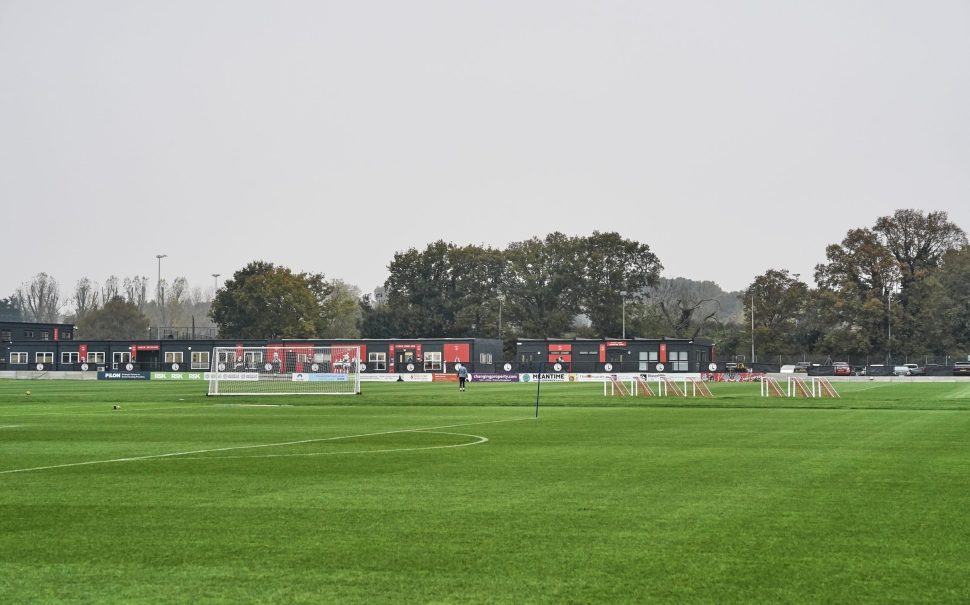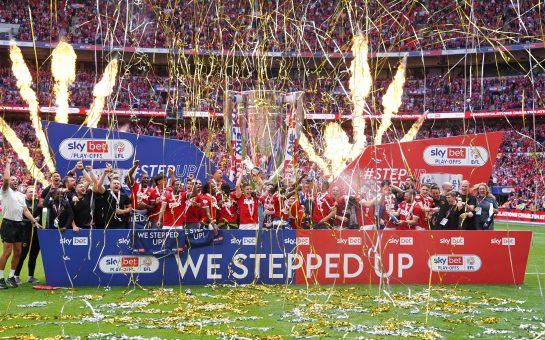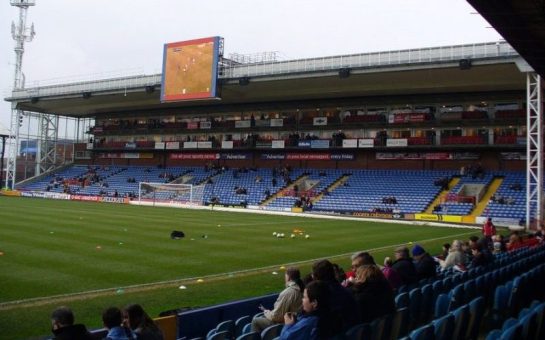The coach of Charlton Athletic’s under-21s team has claimed that the Addicks have one of the best football academies in all of Europe.
The bold claim by Chris Lock, the lead U21 coach at the club, is backed by the roster of world class talent that has been nurtured in south London, including stars such as Joe Gomez, Ezri Konsa, and Ademola Lookman.
The Addicks have recovered from their lowest league finish in 98 years in the 2023-24 season to now facing the League One play-off final against fellow Londoners Leyton Orient on Sunday.
Whilst the most glaring change at the Valley has been the managerial appointment of Nathan Jones in February last year, Charlton’s academy graduates have had an important role in the club’s turnaround success this season.
Charlton’s coaching and performance staff detailed the club’s process of promoting talent to the senior squad and the challenges in competing against academies in London.
The Director of Performance Services, Will Abbott, and Lead Under-21s coach, Chris Lock, discussed the academy at a fans’ Q&A in Petts Wood, Bromley.
Charlton’s Academy
Charlton’s respected academy has a strong history of progressing young players into the first team, with the club’s directors committing to reserve eight spaces within the senior squad for academy graduates.
This commitment to giving homegrown players first-team opportunities is at the forefront of Charlton’s identity, with U21s Kai Enslin, Ibrahim Fullah, Micah Mbick, and Josh Laqeretabua featuring for the men’s first team this season.
Academy alumni also constitutes a significant portion of Charlton’s senior squad as well, with Tyreece Campbell, Miles Leaburn, Karoy Anderson, and Daniel Kanu having important roles in the Addicks’ success this season, with the club finishing fourth in the table.
Lock, who has coached various age groups in Charlton’s academy since 2019, told the Bromley Addicks that using the same training site for the academy and first-team is essential to easing the U21-to-senior squad transition by providing the U21s exposure to working with the manager and first team.
From a performance perspective, Abbott emphasised that keeping the men’s, women’s and youth teams training on one site brings an alignment of training methods, playing style, gym work, and rehabilitation.
In practice, Charlton’s U21s are given plenty of opportunities to train alongside the senior squad, as some current academy prospects trained with the men’s first-team more than 50 times this season.
Micah Mbick, 18, is one prospect who has returned from long-term injury to earn himself league cameos from the bench by impressing in combined training sessions between senior players and the U21s.
On the talented youngster, Lock said: “He trained so well, he could play for us now.
“Although I want to be sure that we don’t push him too far too soon as being out for seven months, you’ve got to take your time.”
Competing against category-one academies
Whilst the pathway to the first team is an appealing aspect of Charlton’s academy, Lock concedes that their category-two status causes challenges in attracting and retaining talent due to competition from the six category-one academies in London.
Category-one is the highest status an academy can hold, and signifies a club has high levels of coaching, facilities and equipment.
Despite the club still holding ambitions to apply for category-one status, Lock emphasises that academy categories don’t always equal talent.
He said: “We are one of the best academies in Europe, and so the category system winds me up a bit.
“We’ll play against Cat-ones and we’ll play them off the pitch, whilst being stereotyped or categorised by the everyday person.”
Lock avoided providing detail on any plans for Charlton to apply for category-one status, although he recognises that this status is important to win the widespread respect that the academy deserves.
(Featured image courtesy of Rhea Spencer-Newell, @rheaphotographs on Instagram)





Join the discussion